NPs Basic Information
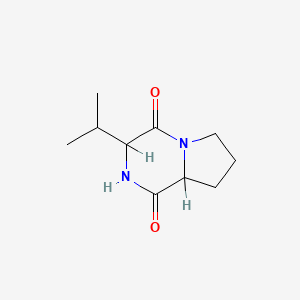
|
Name |
Pyrrolo(1,2-a)pyrazine-1,4-dione, hexahydro-3-(1-methylethyl)-
|
| Molecular Formula | C10H16N2O2 | |
| IUPAC Name* |
3-propan-2-yl-2,3,6,7,8,8a-hexahydropyrrolo[1,2-a]pyrazine-1,4-dione
|
|
| SMILES |
CC(C)C1C(=O)N2CCCC2C(=O)N1
|
|
| InChI |
InChI=1S/C10H16N2O2/c1-6(2)8-10(14)12-5-3-4-7(12)9(13)11-8/h6-8H,3-5H2,1-2H3,(H,11,13)
|
|
| InChIKey |
XLUAWXQORJEMBD-UHFFFAOYSA-N
|
|
| Synonyms |
5654-87-5; Cyclo(Pro-Val); Pyrrolo(1,2-a)pyrazine-1,4-dione, hexahydro-3-(1-methylethyl)-; 3-propan-2-yl-2,3,6,7,8,8a-hexahydropyrrolo[1,2-a]pyrazine-1,4-dione; Cyclo(-Pro-Val); 3-Isopropylhexahydropyrrolo[1,2-a]pyrazine-1,4-dione; Cyclo-Val-Pro-diketopiperazine; Cyclo(prolylvalyl); SCHEMBL5270150; DTXSID20971985; CHEBI:181001; NSC153414; AKOS016000004; NSC 153414; NSC-153414; SB45408; NCGC00381364-02; K-73; FT-0777787; A831773; Pyrrolo[1,4-dione, hexahydro-3-(1-methylethyl)-; 3-isopropyl-hexahydropyrrolo[1,2-a]pyrazine-1,4-dione; 1-Hydroxy-3-(propan-2-yl)-6,7,8,8a-tetrahydropyrrolo[1,2-a]pyrazin-4(3H)-one; NCGC00381364-01!3-propan-2-yl-2,3,6,7,8,8a-hexahydropyrrolo[1,2-a]pyrazine-1,4-dione
|
|
| CAS | 5654-87-5 | |
| PubChem CID | 98951 | |
| ChEMBL ID | NA |
*Note: the IUPAC Name was collected from PubChem.
Chemical Classification: |
|
|
|---|
——————————————————————————————————————————
NPs Species Source
| Endophyte ID | Endophyte Name | Family | Genus | Taxonomy ID | GenBank ID | Closest GenBank ID | Reference | |
|---|---|---|---|---|---|---|---|---|
| Endophyte ID | Endophyte Name | Family | Genus | Taxonomy ID | GenBank ID | Closest GenBank ID | Reference |
NPs Biological Activity
| Bioactivity Name | Target ID | Target Name | Target Type | Target Organism | Target Organism ID | Potency of Bioactivity | Activity Type | Value | Unit | Endophyte ID | Endophyte Name | |
|---|---|---|---|---|---|---|---|---|---|---|---|---|
| Bioactivity Name | Target ID | Target Name | Target Type | Target Organism | Target Organism ID | Potency of Bioactivity | Activity Type | Value | Unit | Endophyte ID | Endophyte Name |
NPs Physi-Chem Properties
| Molecular Weight: | 196.25 | ALogp: | 0.8 |
| HBD: | 1 | HBA: | 2 |
| Rotatable Bonds: | 1 | Lipinski's rule of five: | Accepted |
| Polar Surface Area: | 49.4 | Aromatic Rings: | 2 |
| Heavy Atoms: | 14 | QED Weighted: | 0.665 |
——————————————————————————————————————————
NPs ADMET Properties*
ADMET: Absorption
| Caco-2 Permeability: | -4.638 | MDCK Permeability: | 0.00000872 |
| Pgp-inhibitor: | 0.001 | Pgp-substrate: | 0.03 |
| Human Intestinal Absorption (HIA): | 0.008 | 20% Bioavailability (F20%): | 0.004 |
| 30% Bioavailability (F30%): | 0.021 |
——————————————————————————————————————————
ADMET: Distribution
| Blood-Brain-Barrier Penetration (BBB): | 0.948 | Plasma Protein Binding (PPB): | 28.74% |
| Volume Distribution (VD): | 0.772 | Fu: | 69.96% |
——————————————————————————————————————————
ADMET: Metabolism
| CYP1A2-inhibitor: | 0.016 | CYP1A2-substrate: | 0.121 |
| CYP2C19-inhibitor: | 0.043 | CYP2C19-substrate: | 0.753 |
| CYP2C9-inhibitor: | 0.022 | CYP2C9-substrate: | 0.48 |
| CYP2D6-inhibitor: | 0.012 | CYP2D6-substrate: | 0.208 |
| CYP3A4-inhibitor: | 0.026 | CYP3A4-substrate: | 0.312 |
——————————————————————————————————————————
ADMET: Excretion
| Clearance (CL): | 6.438 | Half-life (T1/2): | 0.764 |
——————————————————————————————————————————
ADMET: Toxicity
| hERG Blockers: | 0.006 | Human Hepatotoxicity (H-HT): | 0.687 |
| Drug-inuced Liver Injury (DILI): | 0.257 | AMES Toxicity: | 0.015 |
| Rat Oral Acute Toxicity: | 0.286 | Maximum Recommended Daily Dose: | 0.037 |
| Skin Sensitization: | 0.082 | Carcinogencity: | 0.028 |
| Eye Corrosion: | 0.004 | Eye Irritation: | 0.021 |
| Respiratory Toxicity: | 0.046 |
——————————————————————————————————————————
*Note: the ADMET properties was calculated by ADMETlab 2.0. Reference: PMID: 33893803.
Similar Compounds*
Compounds similar to EMNPD with top10 similarity:
| Similar NPs | Similar Drugs | ||||||
|---|---|---|---|---|---|---|---|
| NPs ID | NPs 2D Structure | Similarity Score | TTD ID | Drug 2D Structure | Similarity Score | ||
| ENC005207 | 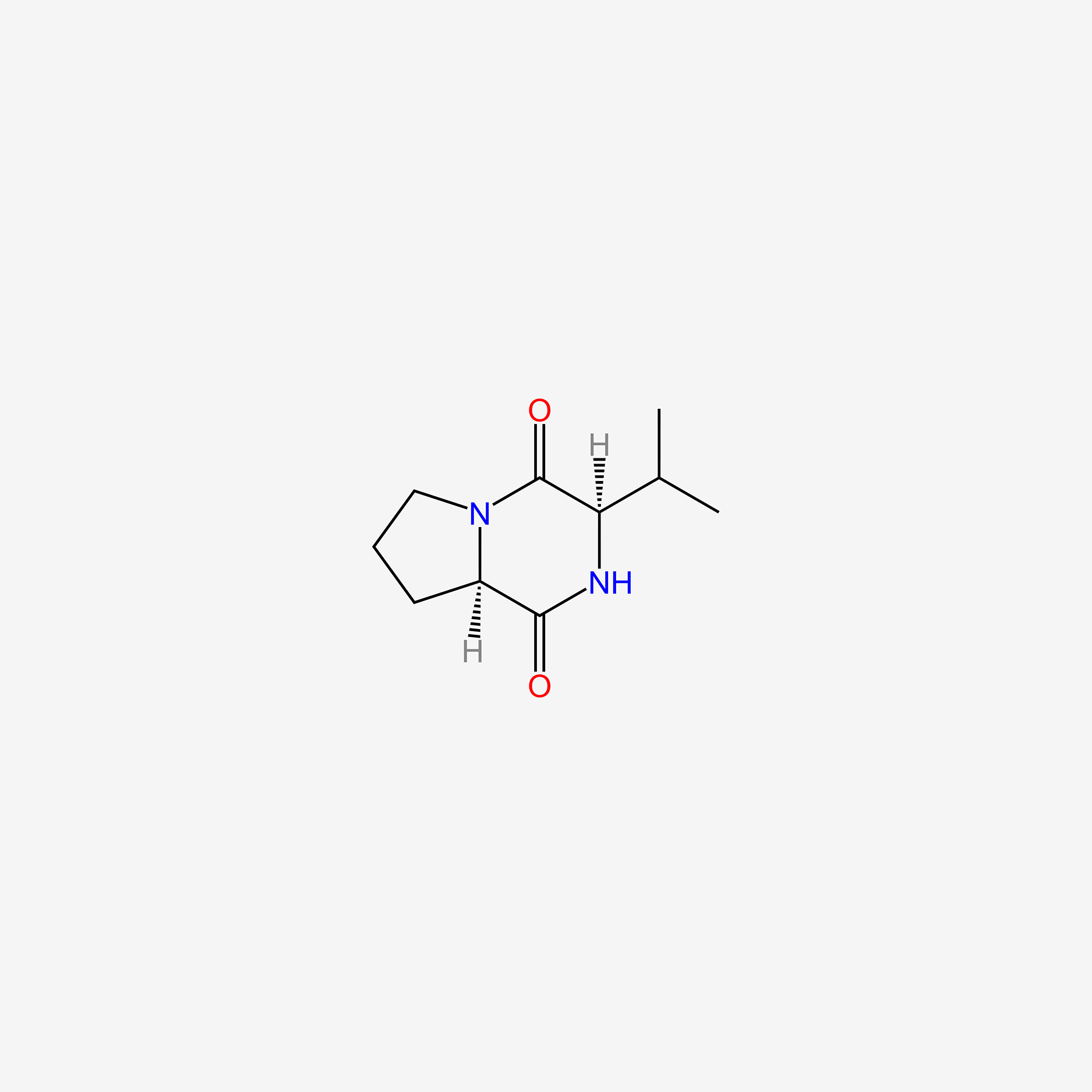 |
1.000 | D02IIW | 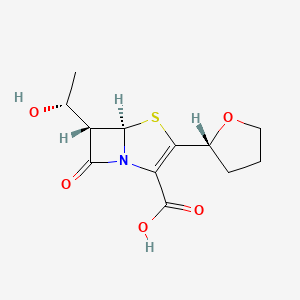 |
0.233 | ||
| ENC005973 | 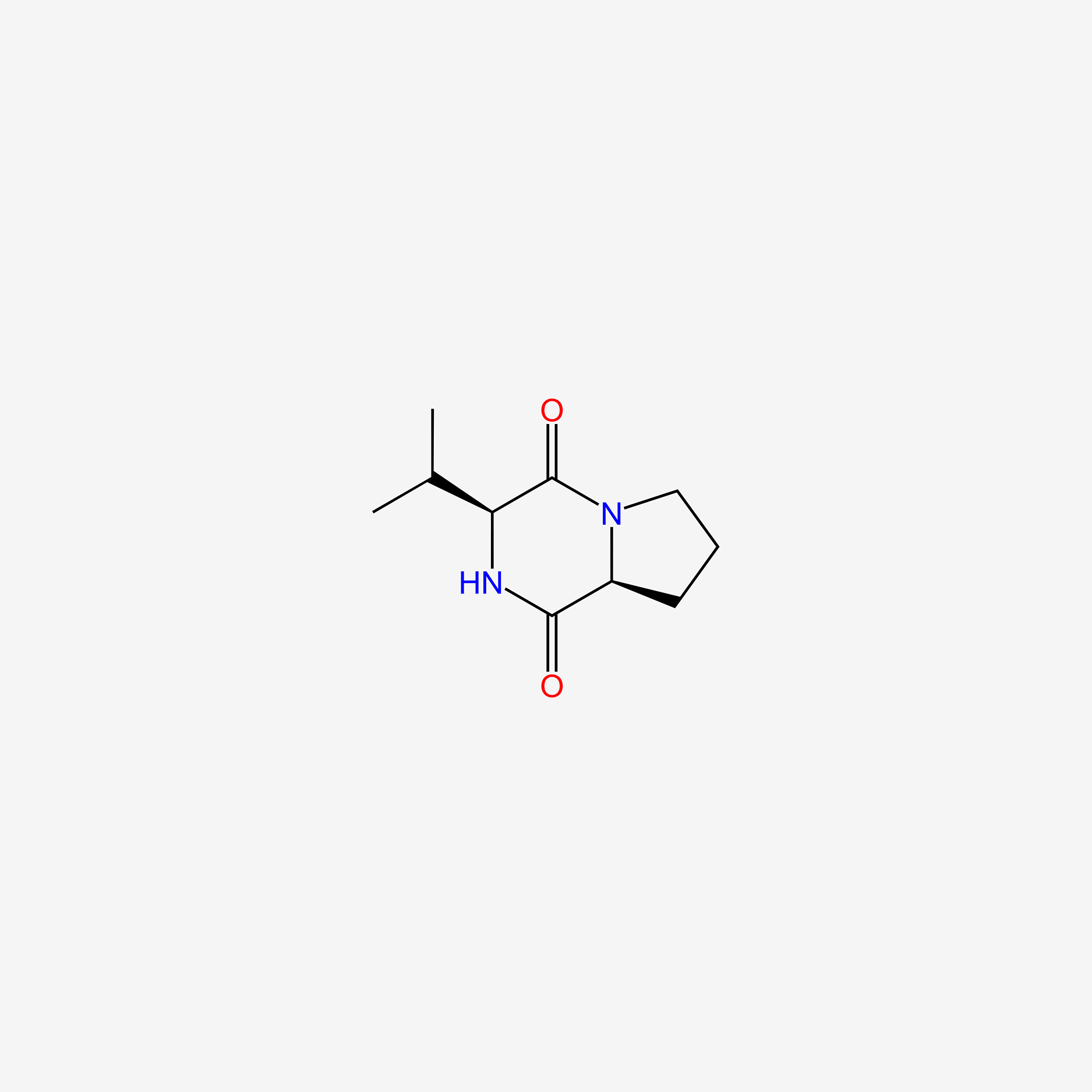 |
1.000 | D0Q5NX | 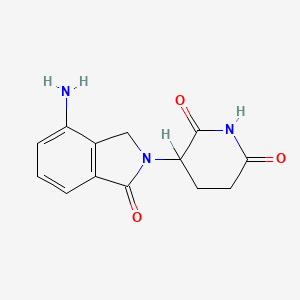 |
0.230 | ||
| ENC005409 | 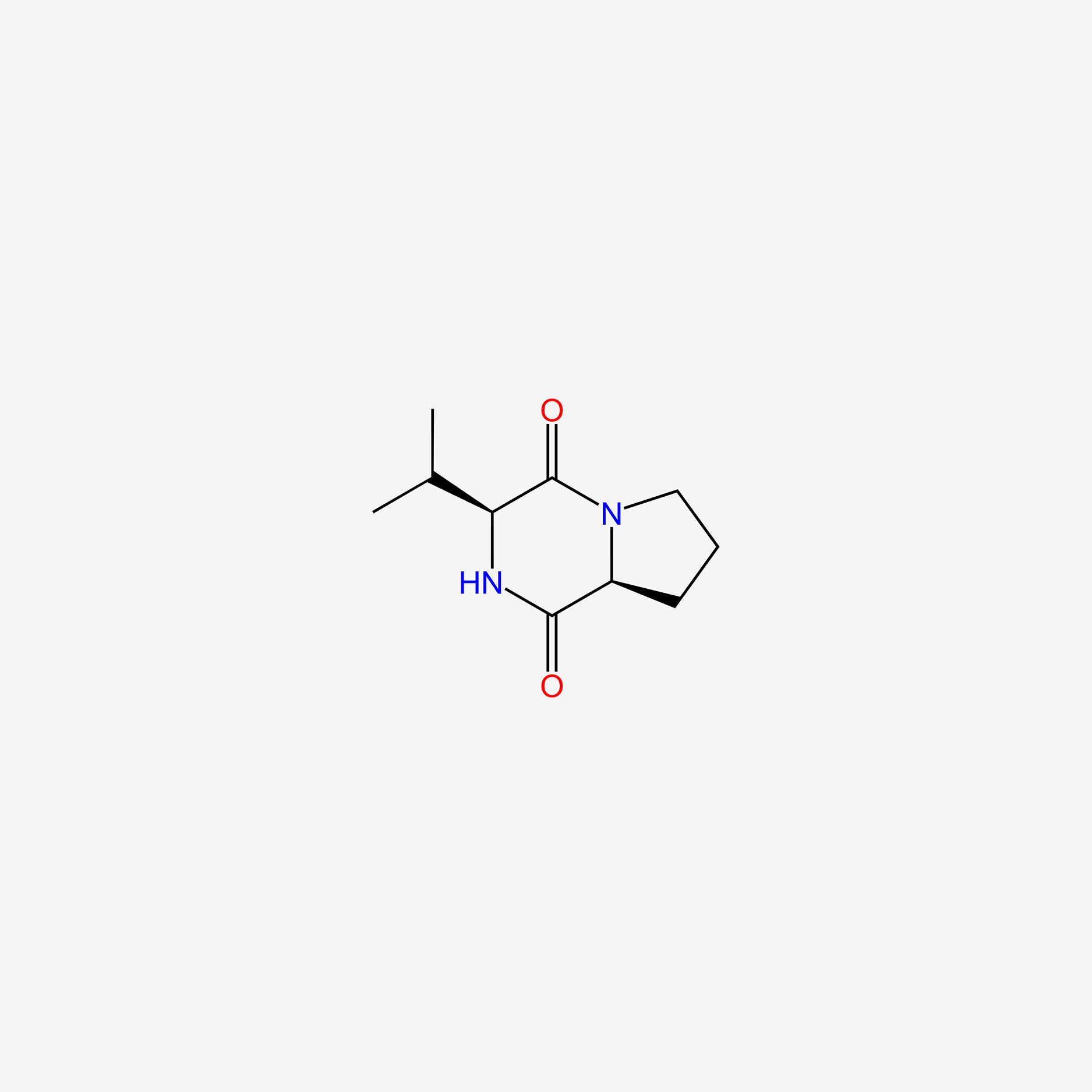 |
1.000 | D0I0EG | 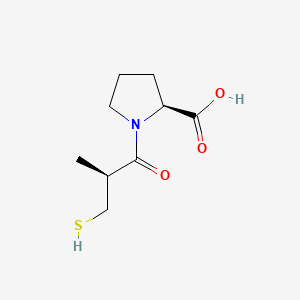 |
0.230 | ||
| ENC004972 | 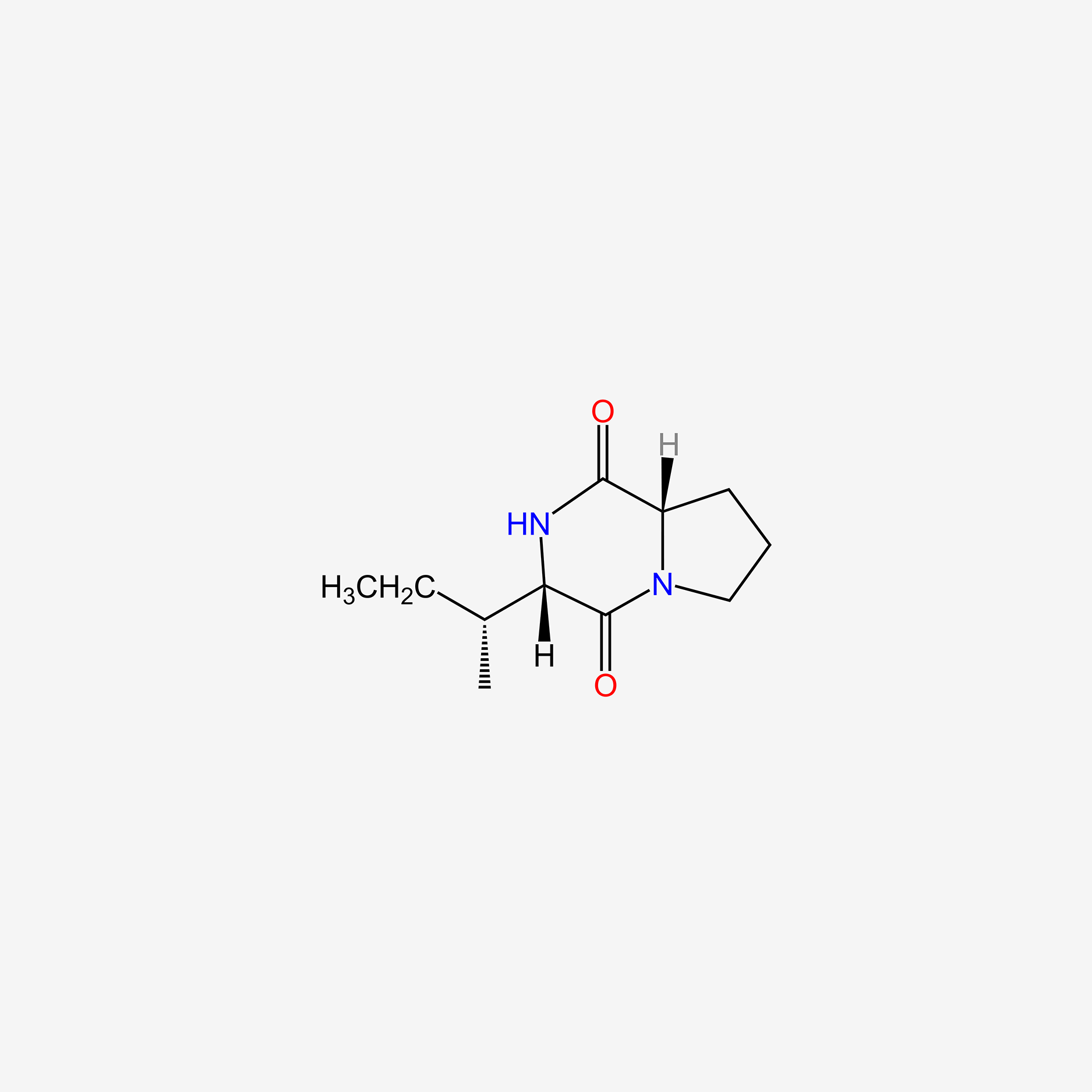 |
0.756 | D0S8LV | 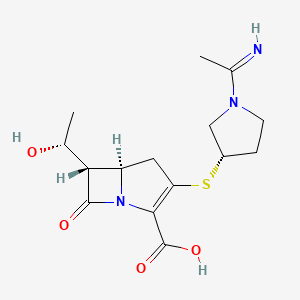 |
0.220 | ||
| ENC005974 | 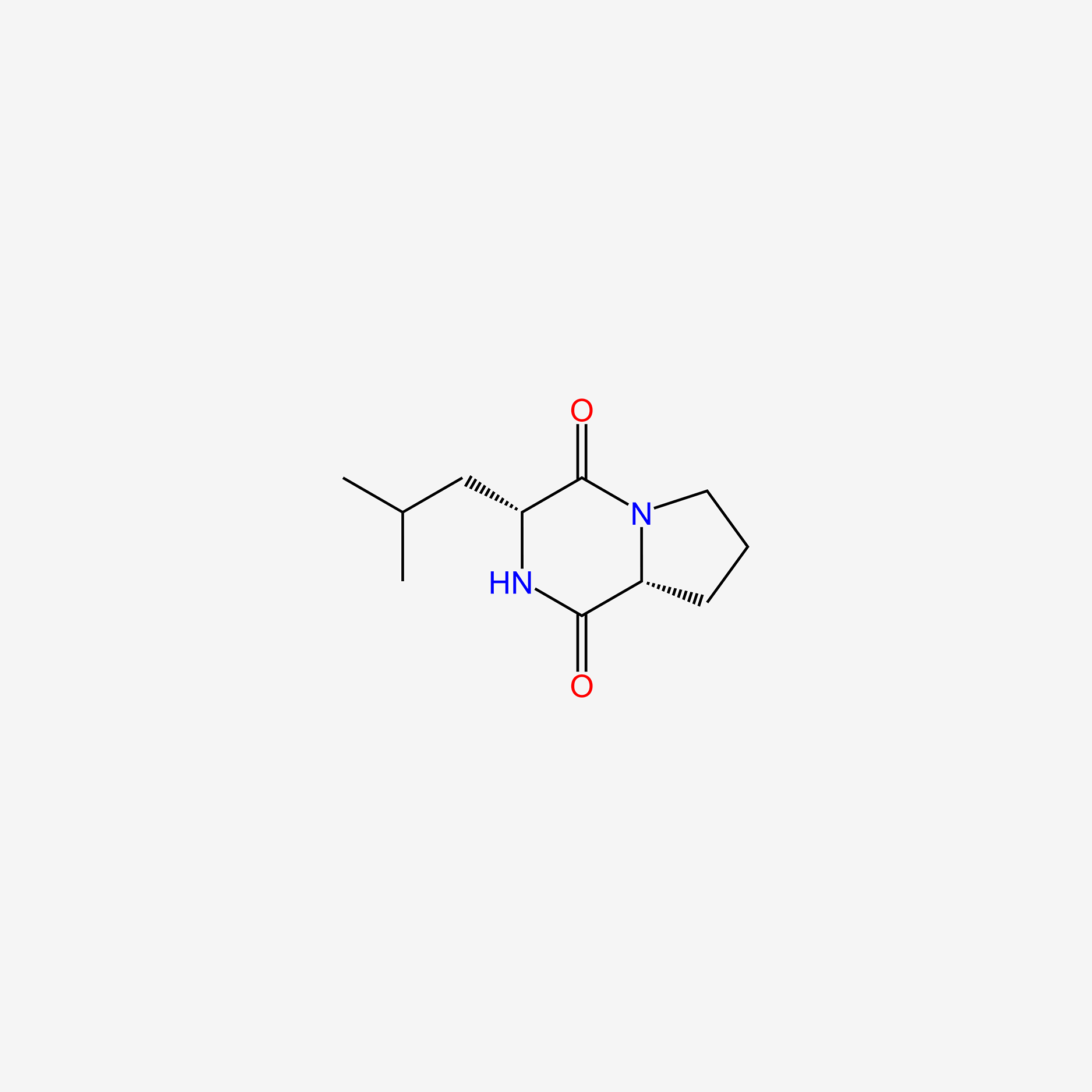 |
0.681 | D0R2KF | 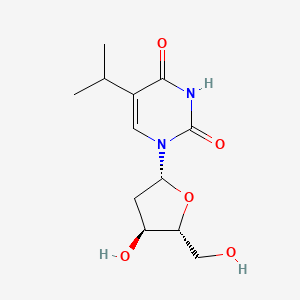 |
0.219 | ||
| ENC005708 |  |
0.681 | D04CSZ | 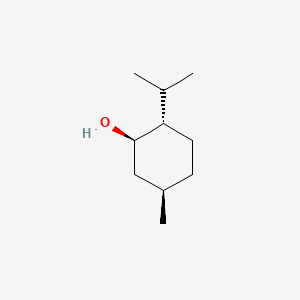 |
0.218 | ||
| ENC001907 | 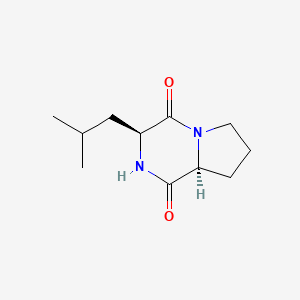 |
0.681 | D05QIM | 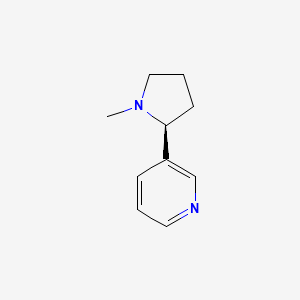 |
0.217 | ||
| ENC002258 | 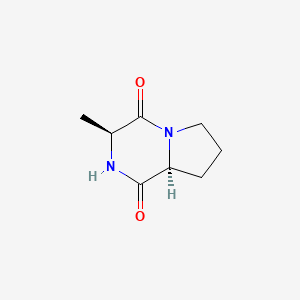 |
0.651 | D0E1XL | 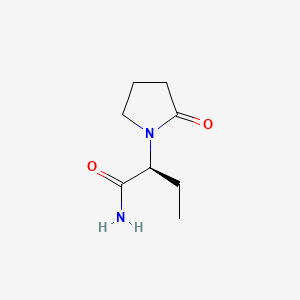 |
0.207 | ||
| ENC004743 | 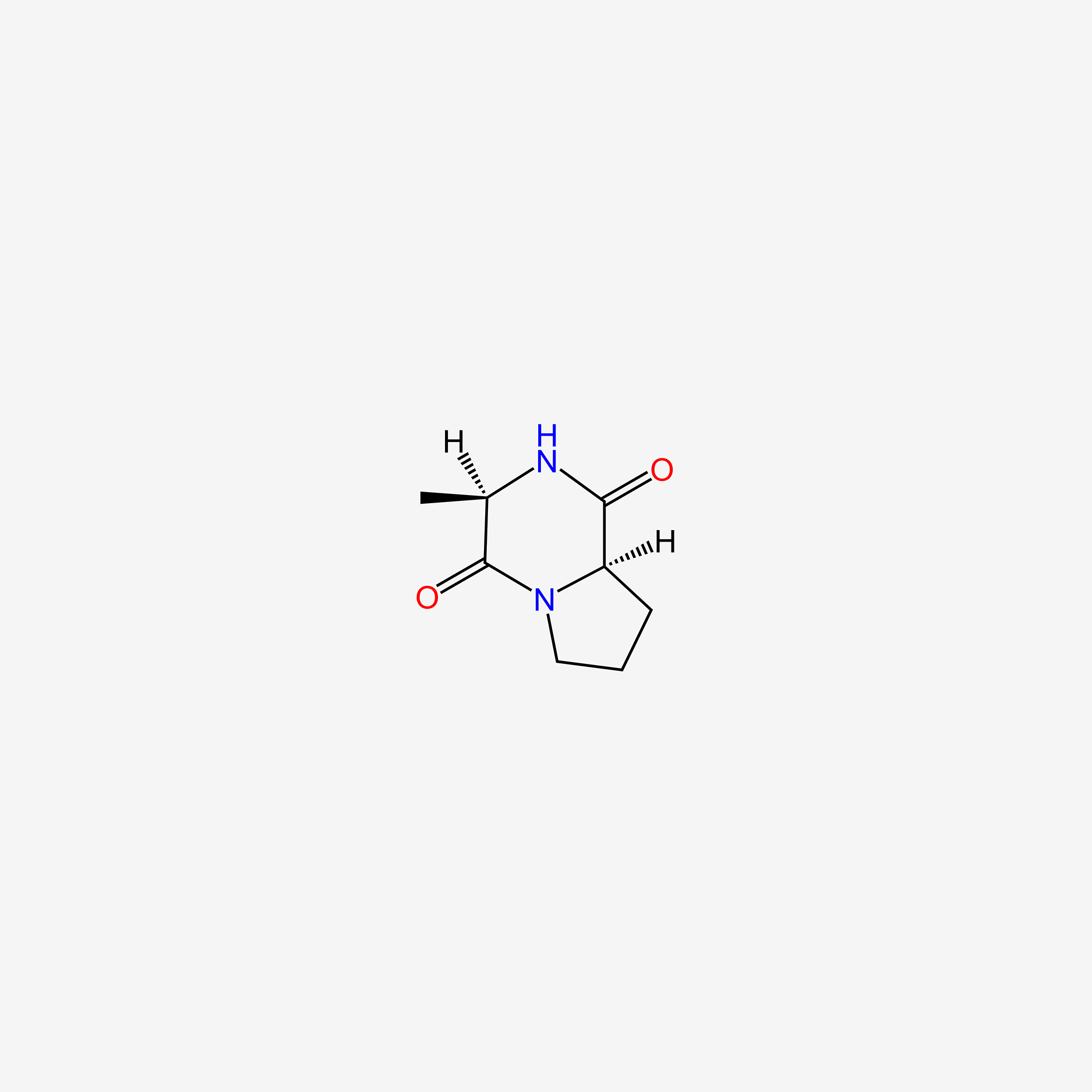 |
0.651 | D0N4EC | 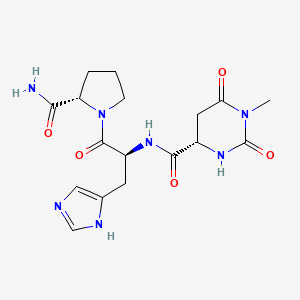 |
0.204 | ||
| ENC000991 | 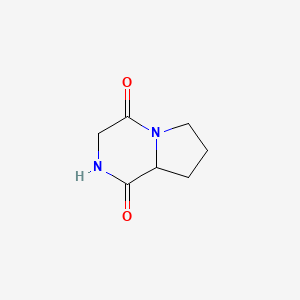 |
0.468 | D0P7VJ | 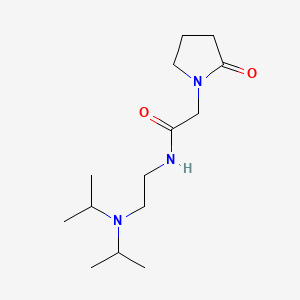 |
0.203 | ||